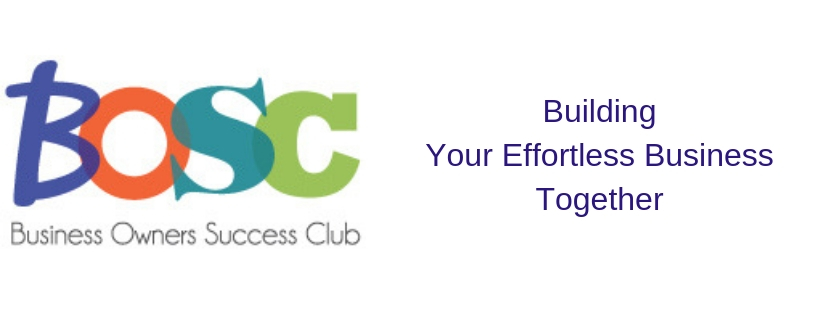Once you are clear on the why to organize a conference you can start work on the how to organize a conference.
Who Will Attend
Be very clear about your market from the beginning.
- Who will attend?
- What do they want?
- How will you reach them?
- What is important to them?
The best way to find out the answers to these questions is to ask the people you want to attend.
Choose a Theme
This will have an impact on every other decision you make from here on. Your theme should be relevant to the people you will entice to come, otherwise they won’t come.
Your theme can be timely or timeless; broad or focused; inclusive or exclusive.
The more focused and exclusive your conference, the more valuable and therefore expensive it can be.
The themes for the Kings County Small Business Conference have been:
- Successful Together
- Bringing a World of Ideas Home
- Thriving in Tough times
- This year will be about Being Efficient/Ecological/Using Resources Best – still working on the title.
Program
Your theme and market will dictate who you ask to present, what they will talk about, when the event will take place, what form it will take. Think about your audience would they appreciate scholarly, deep thinking presentations or do they want to get to that rubber meets the road place?
The venue needs to be appropriate for the number of attendees, comfortable for them and have that balance of nice/price that works for you. The same goes for the decoration, food and entertainment. The convention centre and a sit down lunch is a must for executives, while a hall and soup may be best for small shop owners, and consider that the church and sweets will appeal to seniors.
Budget
Conferences can range from a budget of $100’s to $Millions.
Sources of money are usually sponsors and ticket sales.
Sponsors will want to feel that they tie into the conference theme and that the participants are their market. You should spell out clear expectations about what you want from them and what you will give them in return. Some sponsors are looking to sponsor specific portions of events rather than just putting money into a pot. That’s why you will see “LUNCH PRESENTED BY LOCAL BANK”.
Ticket prices are one of those tough decisions that are best made with the feedback of your market. Serving lunch is expensive at some venues and may not be valued; people may rather pay less, and finish earlier.
I’m a big fan of free, except when it comes to conference attendance. It’s been proven that the more people pay, the more they value the service. If you can’t make the value proposition work, then don’t do it. Having said that, I will be presenting a free evening event in January; it’s my way of giving back for attending the TEDGlobal event in July.
Keep in mind that there is an optimal price. That is the price/ number of tickets ratio that gives the most profit. For instance selling 30 tickets at $250 for the day (lunch included at your cost of $30 each) will net more than 50 tickets at $150.
Marketing
Everything about organizing conferences is marketing. As soon as you start you are marketing, to partners, sponsors, speakers and finally the people attending. That’s why the biggest part of a conference budget is usually marketing.
The internet and social marketing are making it easier to reach people. You should encourage your speakers, sponsors and partners to spread the word. You can make it easy by providing ready made materials.
One very effective tool people are using is to give away content from the speakers in the weeks leading up to the event. It seems to go against the whole idea of charging for events, as in why would anyone pay to go if they can get the content free, but it works.
Conferences can be win-win-win all around. The bigger your vision, the more exciting you make it for everyone the more likely you will have a successful conference.
Finally, make it easy for people to register and pay.
What are your tips for organizing successful business events?
